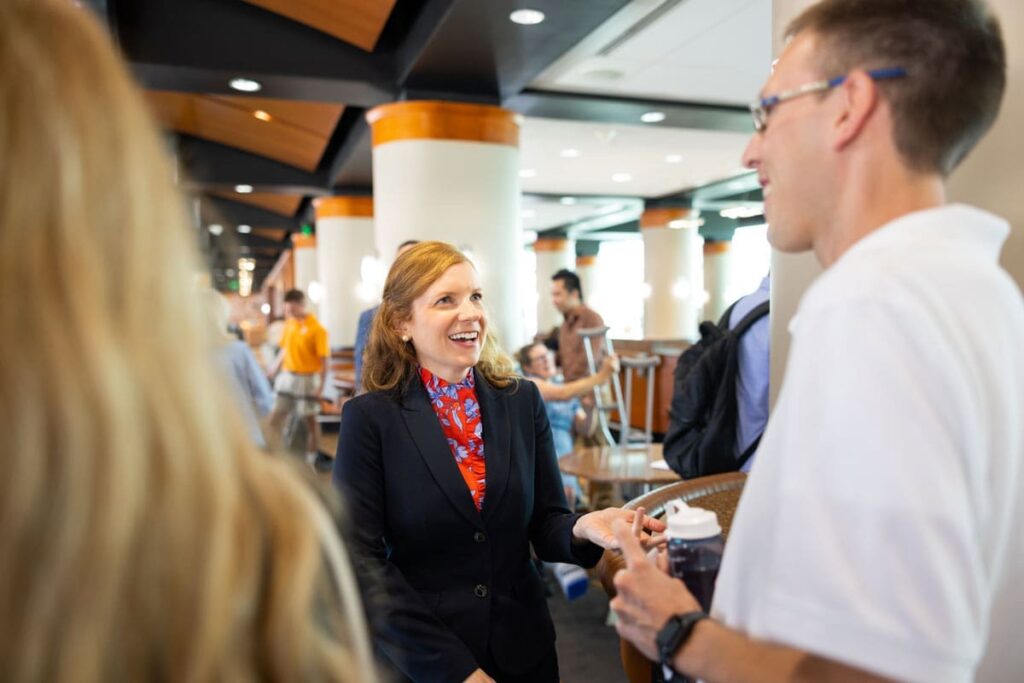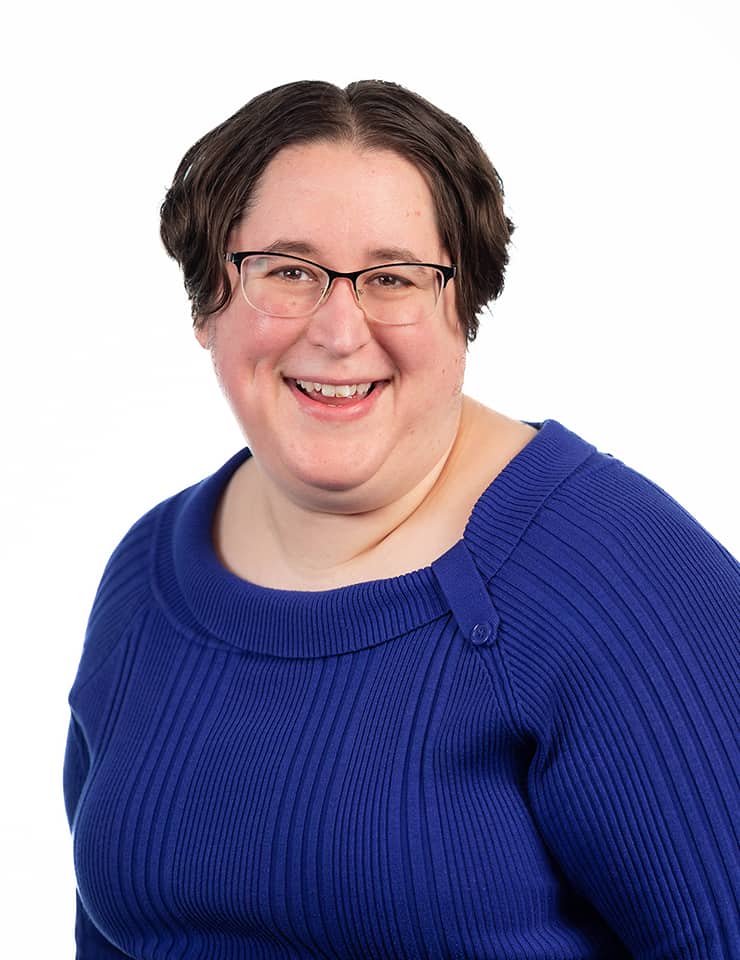
Celebrating Faculty Excellence
Faculty at the School of Communication Studies are dedicated to investing their time in quality research in the varying aspects of organizational and interpersonal communication. This faculty showcase shows how they are producing high-impact work that positively impacts not just the field, but the world around us.
The Communication Studies faculty are national leaders in the social scientific study of interpersonal and organizational communication—actively publishing in top journals, securing grant funding, and engaged with the community. They actively collaborate with each other, our students, and colleagues at other universities. They have served as editors of leading journals, published groundbreaking research, and been recognized as among the most published in the discipline.”
Jon Hess
Professor and Director of the School of Communication Studies

Research
On Relationality and Organizationality: Degrees of durability, materiality, and communicatively constituting a fluid social collective
Assistant Professor Roth Smith
In this Organization Studies article, Roth studies how loosely structured fluid social collectives may attain degrees of “organizationality” depending on whether or not they achieve certain organization-like elements. The organizationality approach offers a compelling account for the persistence of fluid social collectives, but the framework could be

“Put the phone away!”: Does text message content influence perceptions of group member texting?
Associate Professor Emily Paskewitz
In this Computers in Human Behavior journal article, Paskewitz and her co-author focus on how knowledge of text message content may influence the positive or negative perceptions of mobile phone use in meetings. Four videos depicted an organizational meeting and different mobile phone message content

“We Aren’t Here to Win; We are Here Not to Lose”: Emergency Physicians’ Communicative Management of Uncertainty
Associate Professor Laura Miller
In this Health Communication journal article, Miller and co-authors explore hospital emergency department physicians’ experiences of uncertainty in their everyday work environment. Through an ethnographic fieldwork in an ED, we identified three main sources of uncertainty routinely faced by physicians:

Pathways to connection: An intensive longitudinal examination of state and dispositional hope, day quality, and everyday interpersonal interaction
Assistant Professor Quinten Bernhold
In this Journal of Social and Personal Relationships article, Bernhold and co-authors build on hope theory to demonstrate that state and trait hope are associated with daily interpersonal experiences. Multilevel modeling of daily diary data indicated that state hope—composed of the dual factors of pathways
